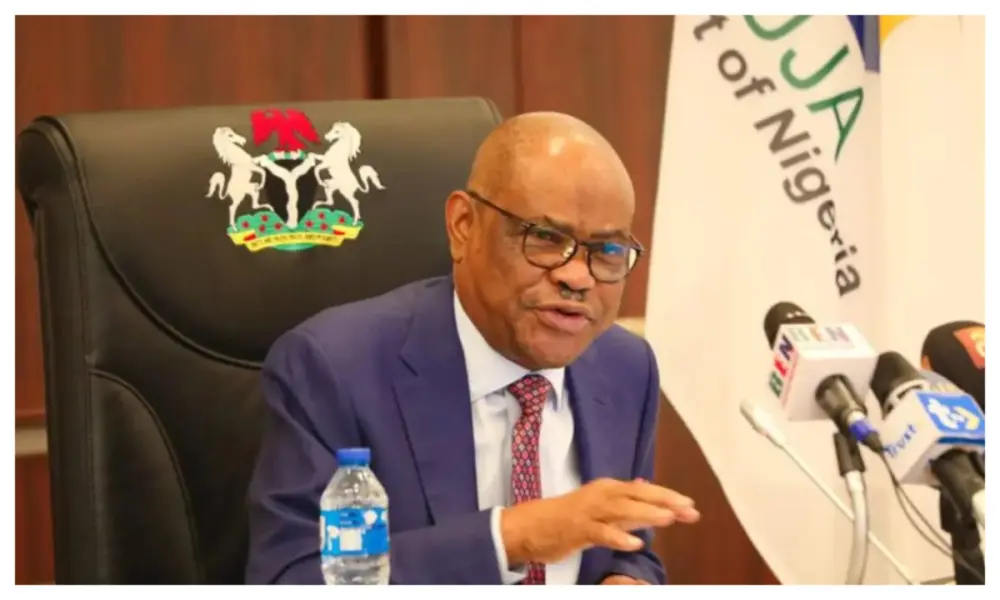As Nigeria marks another Democracy Day on June 12, human rights activist and lawyer, Deji Adeyanju, has issued a strong rebuke of the Bola Tinubu-led administration, declaring that the nation’s democratic system continues to favour the elite at the expense of ordinary citizens.
In a press statement commemorating the day, Adeyanju described Nigeria’s democratic journey as “deeply flawed” and largely symbolic for the average Nigerian, noting that worsening poverty and failing governance have left many disillusioned.
“As Nigeria marks another Democracy Day, we are reminded once again that democracy in this country serves the powerful, not the people,” he stated.
The activist specifically criticised the administration’s decision to remove fuel subsidies, calling it one of the most “consequential and regrettable” moves so far. While the policy was touted as a bold economic reform intended to redirect national resources, Adeyanju argued that its implementation has had the opposite effect—widening inequality, accelerating inflation, and exacerbating poverty across the nation.
“What was promised as a path to national rebirth has instead become a gateway to unchecked looting at the subnational level,” he said.
He further condemned state governments for failing to channel the increased federal allocations resulting from subsidy removal into meaningful development. According to him, there is little evidence that the additional funds have improved infrastructure, education, or healthcare.
“There are no new roads, no improved schools, no functional hospitals,” he lamented. “Instead, we see expanding convoys, lavish spending, and political realignments as governors defect to the ruling party to secure continued access to power and privilege.”
Adeyanju also expressed frustration over the continued lack of autonomy for local governments, despite efforts led by the Attorney-General of the Federation, Lateef Fagbemi, SAN. He accused state governors of diverting local government funds, thereby weakening the tier of government closest to the people.
“Our democracy, instead of empowering citizens, has become a tool for entrenching elite control,” he declared.
Reflecting on 26 years of uninterrupted democratic governance, Adeyanju posed a critical question: “Who truly benefits from this democracy?” He called on both citizens and leaders to reimagine a system grounded in service, transparency, and accountability.
“Until leadership is redefined by service, transparency, and genuine commitment to national development, Nigeria’s democracy will remain a celebration for the few, while the majority continue to suffer in silence,” he concluded.



